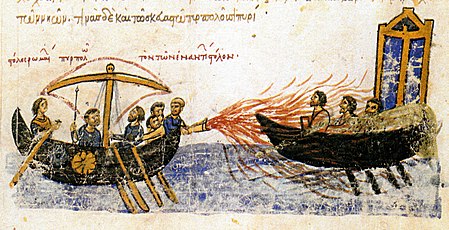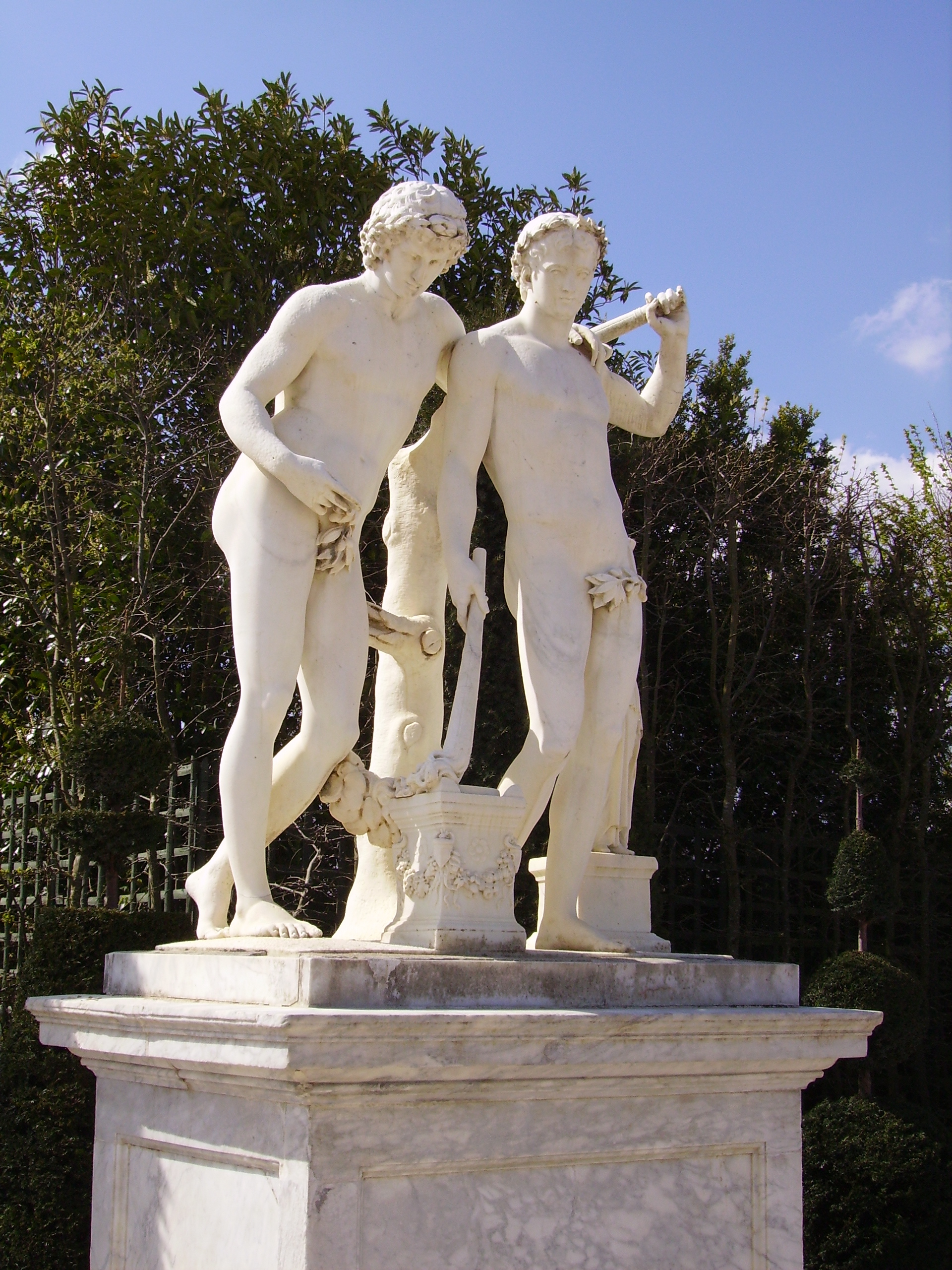
When we put bits into the mouths of horses to make them obey us, we can turn the whole animal. Or take ships as an example. Although they are so large and are driven by strong winds, they are steered by a very small rudder wherever the pilot wants to go. Likewise, the tongue is a small part of the body, but it makes great boasts. Consider what a great forest is set on fire by a small spark. The tongue also is a fire, a world of evil among the parts of the body. It corrupts the whole body, sets the whole course of one’s life on fire, and is itself set on fire by hell. (James 3:3-6)
The tongue was viewed throughout Church history as the key to a person’s inner life. Justin Martyr, Church Father and Apologist, wrote, “By examining the tongue of a patient, physicians find out the diseases of the body; philosophers find out the diseases of the mind; Christians find out the diseases of the soul.” Gossip and idle talk in 2nd Thessalonians mark the followers of the Antichrist, the sower of division and discord. Gossip and idle talk are among the deadliest of the “deadly sins;” if I can eliminate these from my life, I have become nearly perfect.
We can each see ourselves as a ship, directed by the rudder, spewing the medieval weapon of Greek fire at people we consider our enemies–or even our friends, if we are bored and want to hear the sound of our own voices. Greek fire was deadly and inextinguishable; the substance known as “wildfire” in Game of Thrones was based on Greek fire.
Too often we would rather say anything than endure a moment of silence. Or we are hungry for the attention that comes our way when we begin, “Did you hear about ….” We fast from noise, we fast from attention-seeking when we exercise control of our tongue. If there was a 12-step program for Gossipers Anonymous or Idle Talkers Anonymous, we could all sign up and attend the meetings.
St. Gregory of Nyssa thought that hate, envy, and hypocrisy–the three roots of most gossip–are the attitudes most opposed to real humanity. Inasmuch as we have surrendered to these attitudes, we have become subhuman and cannot hope to become the true human beings we were created to be so long as we harbor these attitudes.
We are given the fasting days of the Church to practice control of what comes out of our mouths (gossip) as well as what goes in (food). In the 1979 BCP of the United States, we are called to fast on most Fridays and the weekdays of Lent; in earlier editions of the BCP, there are also Ember Days, Rogation Days, and the eves of 16 major feasts that are considered fasting days.
Fire goes out without wood, and quarrels disappear when gossip stops. Proverbs 26:20

